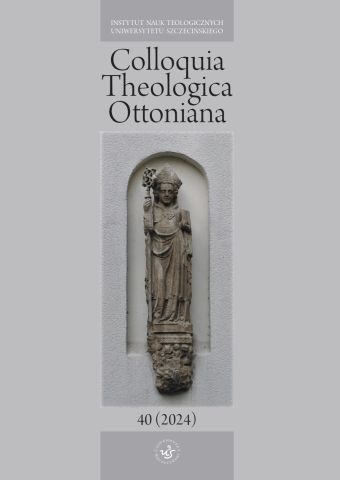The Ideal of a Good Ruler in the Political Thought of the Count of Chambord
The Ideal of a Good Ruler in the Political Thought of the Count of Chambord
Author(s): Adam RaszewskiSubject(s): Christian Theology and Religion, Philosophy, Social Sciences, Political Philosophy, Sociology, Theology and Religion, Sociology of Religion
Published by: Wydawnictwo Naukowe Uniwersytetu Szczecińskiego
Keywords: legitimism; God; king; France; national unity
Summary/Abstract: This article is devoted to the person of Henry Bourbon, Count of Chambord (1820–1883), a representative of the idea of legitimism and a supporter of limited Catholic monarchy. The study presents the ideal of the monarch as found in the sources left by the Count and the accounts of his contemporaries. The text contains the religious basis of Henry’s politics: the concept of a messenger anointed by Providence and sent with the intention of saving the political and moral order in France. It presents the indispensability of religious sanction for the rightful heir to the crown – a representative of tradition and legitimacy, to whom all absolutism is alien. It characterizes Henry’s attempt to unite compatriots divided by the French Revolution, republican and anti-royal currents. The article discusses selected ideas of the new state: legal egalitarianism and meritocracy. It presents Henry’s concept of closeness between the monarch and the affairs of his subjects, the unity of the throne, and the fate of his compatriots. The article reports his ideas of the character traits that should characterize a king: mercy, honour, and duty. It records the positions of selected contemporaries, both expressing appreciation for Henry’s idealism and criticizing his political ineffectiveness. It shows that Henry’s method of action was to study signs, trust in God’s promises, and hope for unity with his compatriots. The summary takes into account the lack of political agency of the French monarch by law and, at the same time, the Count’s specific attitude – waiting for a convenient moment to act. This ultimately did not bring him political success. A comparison is made of Henry’s vision of politics with the classical school, which is similar due to its communal nature and search for the general good.
Journal: Colloquia Theologica Ottoniana
- Issue Year: 2024
- Issue No: 40
- Page Range: 169-190
- Page Count: 22
- Language: English

